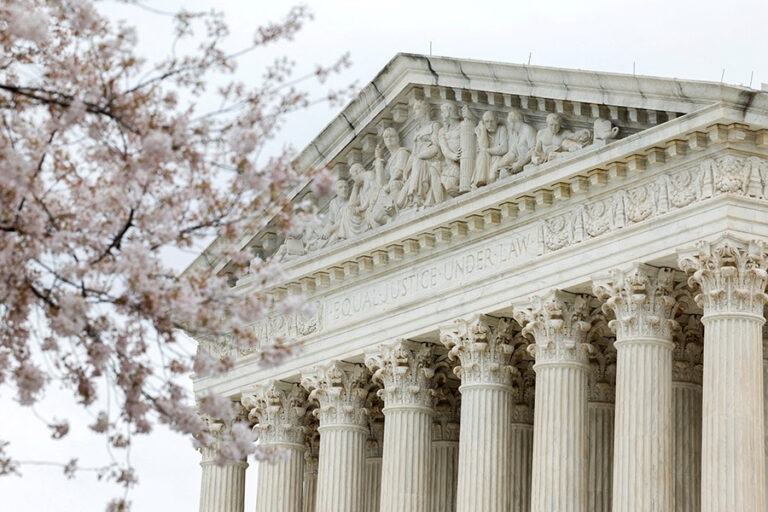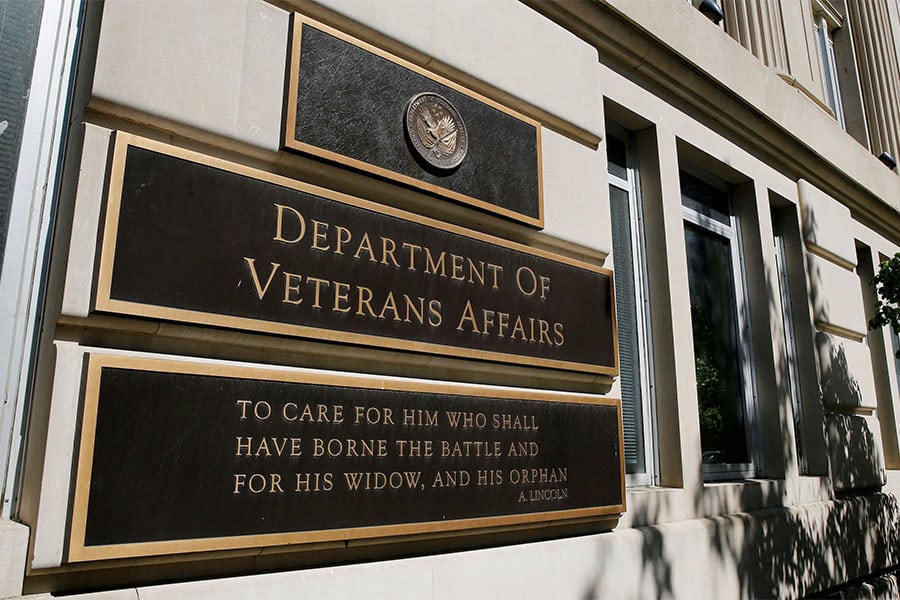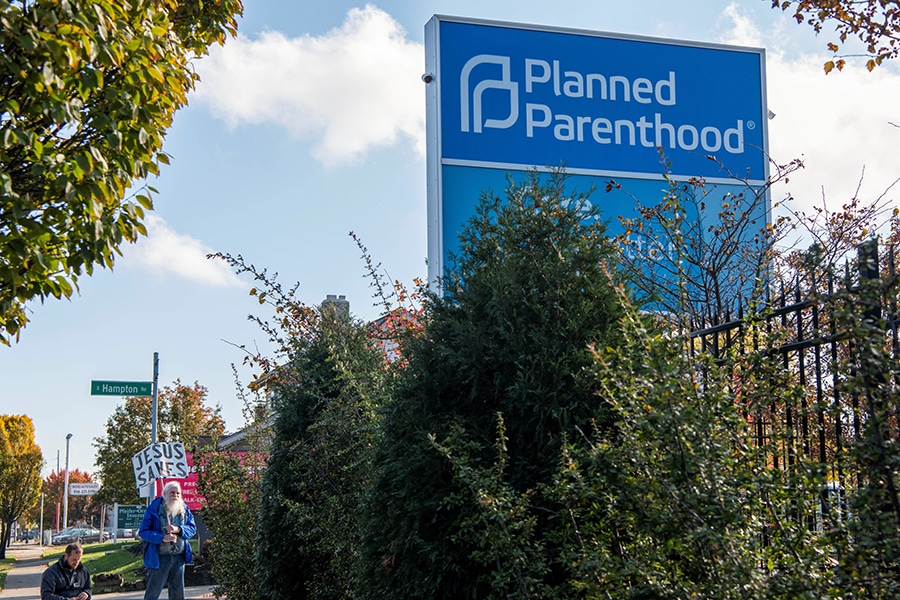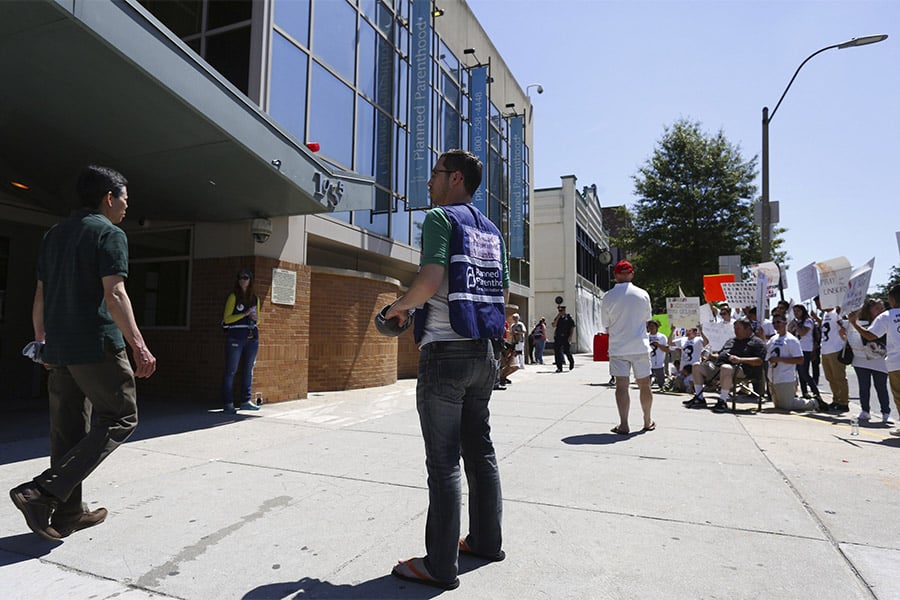WASHINGTON (OSV News) — The U.S. Supreme Court said April 21 it would block a lower court’s restrictions on an abortion pill, leaving the drug on the market while litigation over the drug proceeds.
The Supreme Court froze a lower court’s ruling to stay the U.S. Food and Drug Administration’s approval of the drug. The Justice Department and Danco Laboratories, the pharmaceutical company behind the abortion pill mifepristone, previously asked the U.S. Supreme Court to intervene in the case after an appeals court allowed portions of the ruling by U.S. District Judge Matthew Kacsmaryk in Texas to take effect.
The order was an apparent 7-2 vote, with Justices Clarence Thomas and Samuel Alito publicly dissenting.
In a statement, President Joe Biden said, “mifepristone remains available and approved for safe and effective use while we continue this fight in the courts.”
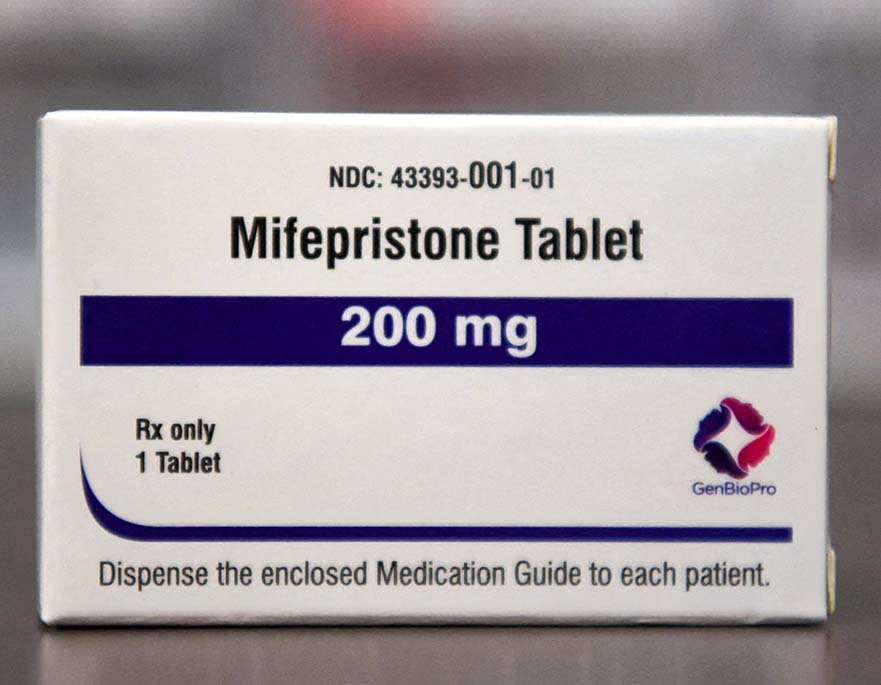
“I continue to stand by FDA’s evidence-based approval of mifepristone, and my Administration will continue to defend FDA’s independent, expert authority to review, approve, and regulate a wide range of prescription drugs,” Biden said. “The stakes could not be higher for women across America. I will continue to fight politically-driven attacks on women’s health. But let’s be clear — the American people must continue to use their vote as their voice, and elect a Congress who will pass a law restoring the protections of Roe v Wade.”
Erik Baptist, senior counsel for Alliance Defending Freedom, one of the groups challenging the FDA’s approval of mifepristone, said in a statement that “As is common practice, the Supreme Court has decided to maintain the status quo that existed prior to our lawsuit while our challenge to the FDA’s illegal approval of chemical abortion drugs and its removal of critical safeguards for those drugs moves forward.”
“Our case seeking to put women’s health above politics continues on an expedited basis in the lower courts,” Baptist said. “The FDA must answer for the damage it has caused to the health of countless women and girls and the rule of law by failing to study how dangerous the chemical abortion drug regimen is and unlawfully removing every meaningful safeguard, even allowing for mail-order abortions. We look forward to a final outcome in this case that will hold the FDA accountable.”
Kristan Hawkins, president of Students for Life of America, said in a statement that it is “a tragedy that the Supreme Court is allowing Chemical Abortion Pills stay on the market without the health and safety standards put in place in 2000 to protect women from injury, infertility, death, and abusers who use the drugs on mothers without their knowledge or consent.”
Hawkins argued that weakened medical standards “favor abortion industry interests.”
A coalition of pro-life opponents of mifepristone, the first of two drugs used in a medication or chemical abortion, filed suit in an effort to revoke the FDA’s approval of the drug, arguing the government violated its own safety standards when it first approved the drug in 2000. However, proponents argued mifepristone poses statistically little risk to women using it for abortion early in pregnancy, and claim the drug is being singled out for political reasons.
A federal appeals court on April 12 blocked portions of Kacsmaryk’s ruling suspending the FDA’s approval of mifepristone, ruling that the drug can remain on the market but under more strict regulations while amid a legal challenge to that approval.
“The district court countermanded a scientific judgment FDA has maintained across five administrations; nullified the approval of a drug that has been safely used by millions of Americans over more than two decades; and upset reliance interests in a healthcare system that depends on the availability of mifepristone as an alternative to surgical abortion for women who choose to lawfully terminate their early pregnancies,” the Justice Department wrote in its filing with the high court.
A three-judge panel of the 5th U.S. Circuit Court of Appeals agreed April 12 to temporarily block Kacsmaryk’s Good Friday ruling that suspended the FDA’s approval of mifepristone.
However, the appeals court, in its 2-1 decision, also permitted other portions of that ruling to take effect, rolling back FDA rules revised in 2016 and 2021 on a drug the agency originally approved in 2000. Those rules permitted mifepristone’s usage up to 10 weeks of pregnancy rather than the original seven weeks, and permitted its distribution by mail.
On April 19, GenBioPro, which makes the generic version of mifepristone, sued the FDA in an attempt to block it from complying if the courts ultimately pull the drug off the market, adding another layer to the legal battle over the drug’s use.
Separate state lawsuits may also impact whether the drug remains on the market as well, as Washington state seeks to block the Texas ruling. GenBioPro has also sued West Virginia over its ban on mifepristone, arguing it violates the commerce clause of the Constitution.
Read More Respect Life
Copyright © 2023 OSV News

